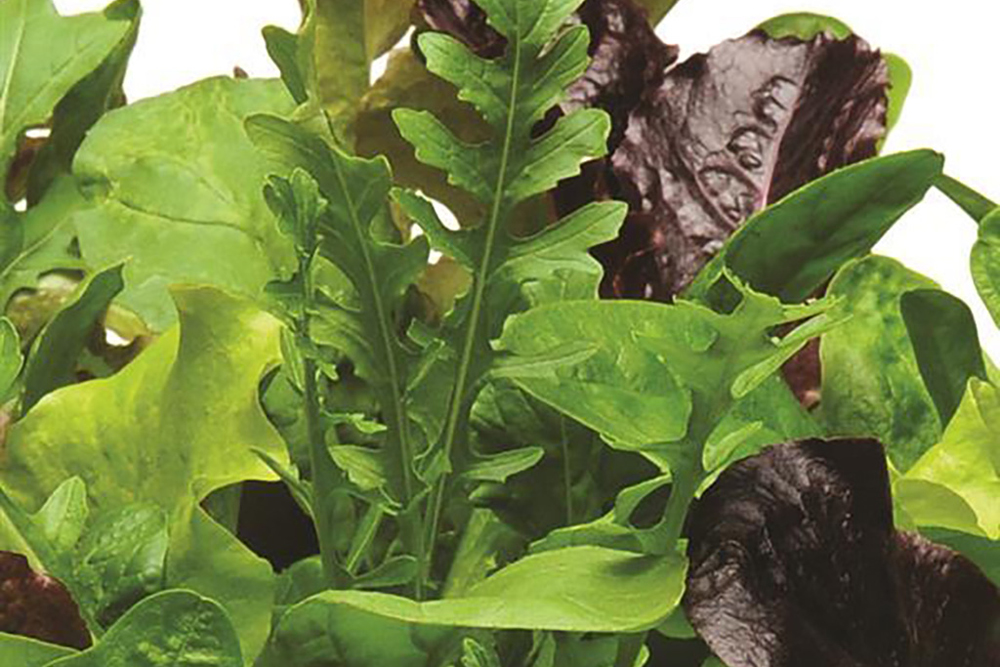Arugula, also known as rocket or Eruca sativa, has an extensive and fascinating history. Originally from the Mediterranean, it has been a staple since ancient civilizations, appreciated for its unique flavor and numerous health benefits. Esteemed by the Ancient Greeks and Romans, arugula was used in various dishes. It was even mentioned by Pliny the Elder for its health properties. As European exploration expanded, so did the cultivation and popularity of arugula, making it a favorite during the Middle Ages.
Close Family
This leafy green belongs to the Brassicaceae family, which includes broccoli, kale, and Brussels sprouts, which are also known for their health benefits. It has evolved from wild rocket through selective breeding into the diverse cultivars we enjoy today. Its popularity continues rising, and it is celebrated for its distinctive peppery taste and versatility in raw and cooked forms.
Cultivation and Care
Growing arugula is straightforward, making it accessible for gardeners even in places like New Jersey. It requires a well-drained spot with partial shade. The seeds should be planted either in the ground or in containers, spaced 1 to 2 inches apart in 12 to 18 inches apart rows. The soil should be moist but not soggy, and compost can be added to increase fertility. Young and tender leaves, about 2 to 3 inches long, should be harvested to promote continuous growth. Gardeners should be mindful of pests and use organic control methods as necessary. Planting in late summer with protection from frost will ensure a fall harvest. Its rapid growth cycle and ability to grow wild in suitable conditions add to its appeal.
Aphrodisiac and Culinary Benefits
Arugula has been historically recognized as a food source and for its supposed aphrodisiac qualities in ancient Rome, where it was used in love potions. Despite being low in calories, it is rich in essential nutrients, loaded with vitamins A, C, and K, and minerals such as calcium, potassium, and folate. The leaves, flowers, seeds, and seed pods are all edible, with the flowers adding an attractive touch as a garnish.
Arugula contains glucosinolates, compounds noted for their cancer-fighting properties. These help deactivate carcinogens and protect cells from damage. Historically, arugula has been used in traditional medicine to treat various ailments, including scurvy and digestive issues.
Arugula is known by various names worldwide, including “rucola,” “roquette,” and “Italian cress,” reflecting its international appeal and integration into diverse cuisines. In traditional folk medicine, it was believed that arugula had a cooling effect on the body and was used to balance heat during warmer seasons or climates.
Today, arugula is cherished for its nutritional value, zesty flavor that enlivens dishes, and historical reputation. Whether used in a simple salad or as a complex ingredient in various recipes, arugula’s peppery punch is a celebrated addition to the culinary world.

